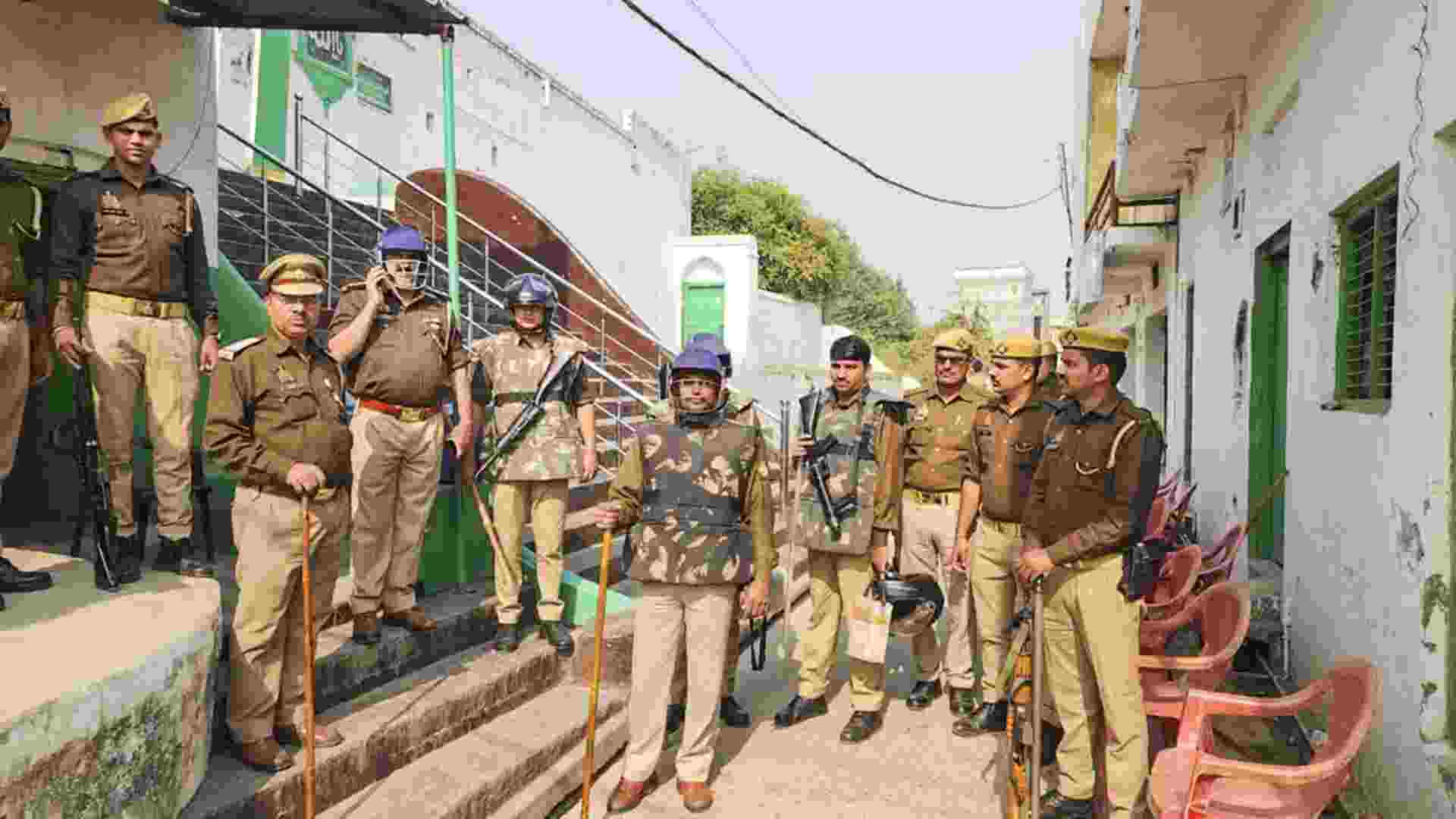The Supreme Court in the case Chandmal v. State of MP observed and has reprimanded a Trial Court for issuing of a non bailable warrants to accused for the filing of the chargesheet, the court being despite of the fact that they have been cooperating and was appearing before the court through counsels. It has also been noted by the said court that the said action of the trial court was being in violation of the mandate in the case Siddharth vs. State of Uttar Pradesh.
The court in the case Siddharth vs. State of Uttar Pradesh observed and stated that the practice of some Trial Courts of insisting on the arrest of an accused as a pre-requisite formality for taking the charge-sheet on record and the same is being misplaced and is contrary to the very intent of Section 170 of the Code of Criminal Procedure, 1973.
Facts of the Case:
In the matter, a charge sheet has been filed and during that period the appellants cooperated with the authorities too. Before the court, the appellants did not appear personally but through a counsel. The main issue which is raised before the court was whether the action could be sustained of the trial Court for issuing a non-bailable warrant.
It has been noted by the court that the counsel appearing for the State did not dispute the fact that there being no further investigation required in the said matter. At the Outset, it has also been noted by the court that the decision taken by the trial court for issuing a non-bailable warrants in the given circumstances the court also violated the mandate which being incorporated in the case Satender Kumar Antil v. Central Bureau of Investigation & Anr.
The bench comprising of Justice SK Kaul and Justice MM Sundersh in the case Satinder Kumar Antil observed and has expressed at the large number of undertrials languishing in jails, the said court observed and has issued the elaborate guidelines to ease the process of bail. It has also been emphasized by the court that accused should not be remanded in a mechanical manner.
Last Week, the court also directed these judgements to be made part of the curriculum of State Judicial Academies, where a training has been given to judicial officers.
In its order, the court stated that this court fails to understand why despite these judgments having been circulated, thus, some of the trial Courts are conducting and passing the orders in the teeth of these judgments. The same being the matter of concern that these cases, therefore, keep on coming up to the apex Court unnecessarily. Further, it has been noted by the court that the order of the High Court for calling upon the appellants to surrender, the court despite recognizing the fact that they being the aged persons in their 70s and the offences which are alleged has a maximum punishment up to seven years, which being enormous.















